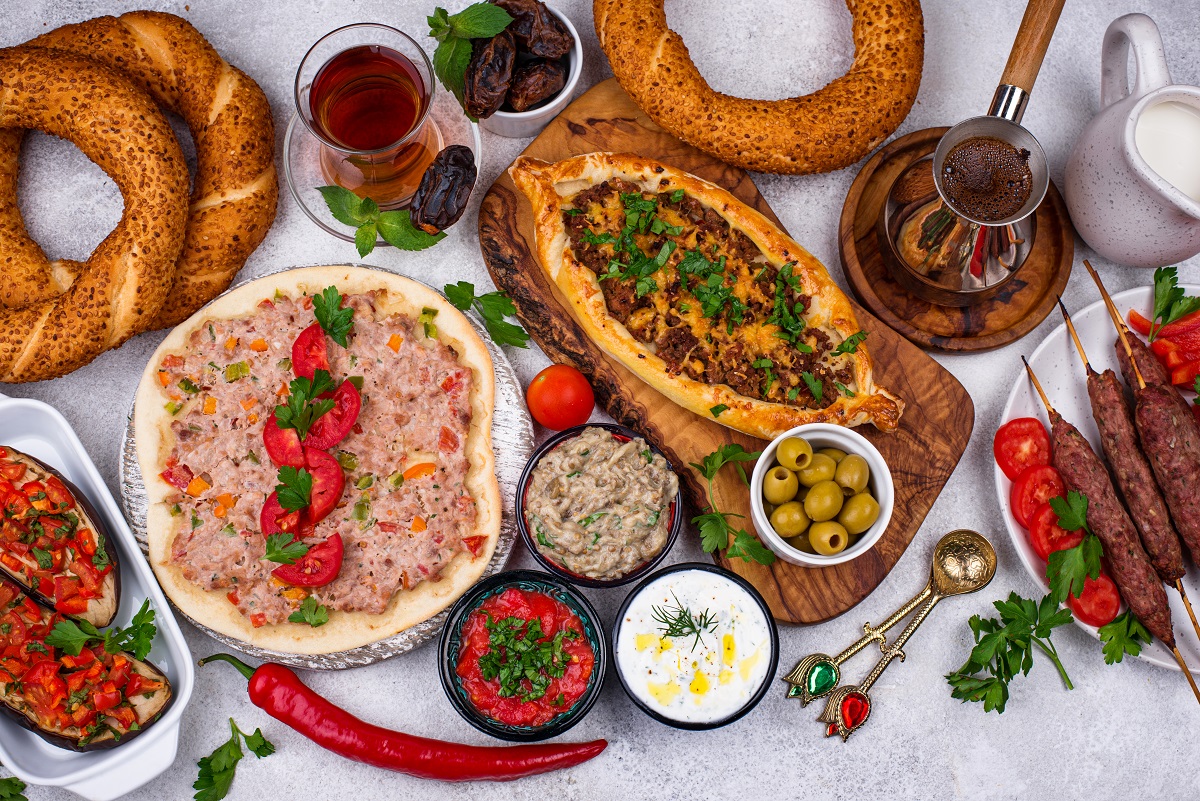nagoyasuzukiamerica.com – Albanian cuisine is a rich tapestry of flavors and traditions, influenced by centuries of history and the country’s geographical diversity. Nestled in the heart of the Balkans, Albania’s culinary offerings are a delightful blend of Mediterranean and Balkan influences, characterized by fresh ingredients, vibrant flavors, and traditional cooking techniques. This article explores the key elements that make Albanian cuisine a true culinary delight.
A Blend of Influences
Albanian cuisine has been shaped by a variety of cultural influences over the years. The Ottoman Empire, Greece, Italy, and neighboring Balkan countries have all left their mark on Albanian food. This blend of influences is evident in the diverse range of dishes, from hearty stews to light, refreshing salads.
Key Ingredients
The use of fresh, locally sourced ingredients is a hallmark of Albanian cooking. Olive oil, garlic, onions, tomatoes, and peppers are staples in many dishes, reflecting the Mediterranean influence. Meat is a significant component of the Albanian diet, with lamb, beef, and chicken being the most common. Seafood is also popular along the coastal regions, where fish and shellfish are caught fresh from the Adriatic and Ionian Seas.
Traditional Dishes
Albania boasts a variety of traditional dishes that showcase its culinary heritage:
- Byrek: A savory pastry filled with cheese, spinach, or meat, byrek is a beloved snack or appetizer.
- Tavë Kosi: Often considered the national dish, this baked lamb and yogurt casserole is a comforting and flavorful meal.
- Fërgesë: A delightful dish made with peppers, tomatoes, and cottage cheese, often served with bread.
- Paçe: A hearty stew made from lamb or beef head, flavored with garlic and vinegar.
Regional Specialties
Each region in Albania has its own culinary specialties. In the north, you’ll find hearty dishes featuring corn and dairy, while the south is known for its lighter, Mediterranean-style fare. Coastal areas offer an abundance of seafood dishes, highlighting the freshness of the local catch.
Desserts and Beverages
Albanian desserts are a sweet end to any meal, with favorites including baklava, trilece (a sponge cake soaked in three types of milk), and kadaif (a pastry made with shredded phyllo dough). Albanian coffee, similar to Turkish coffee, is a popular beverage, as is raki, a traditional grape brandy.
Conclusion
Albanian cuisine is a delightful journey through history and culture, offering a unique blend of flavors and textures that reflect the country’s diverse influences. From savory pastries to hearty stews and delectable desserts, Albanian food is a testament to the rich culinary traditions of the Balkans. Whether you’re a seasoned food lover or a curious traveler, exploring Albanian cuisine is sure to be a rewarding and delicious experience.
